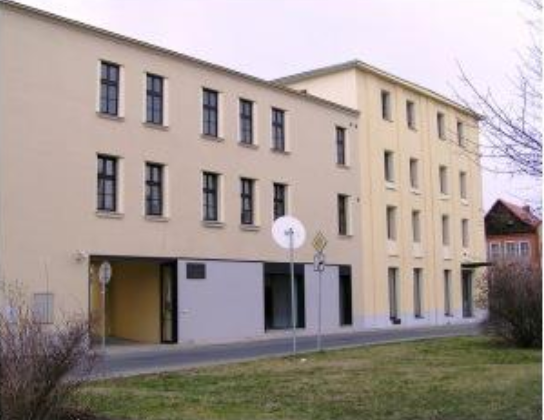Basic features of the holdings on the history of the House of Liechtenstein
Krnov, the current headquarter of the Bruntál District Archives, was once part of the Liechtenstein estate. It was founded around the middle of the 13th century as a royal town and, together with the nearby Cvilín Castle, came into the possession of the Přemyslids of Opava-Ratiboř. After the principality of Krnov was acquired by the Hohenzollerns in 1523, Krnov became one of their seats, which was reflected in its significant upswing. In March 1622, the Emperor granted the Principality of Krnov to Charles I of Liechtenstein as a fief. Krnov lost its function as a residential town and subsequently the principalities of Opava and Krnov were also centralized. The importance of the Krnov region also declined thereafter, when the area on the left bank of the Opava River and the entire region around Głubczyce [Hlubčicko in Czech] were separated in 1742. However, the administration of the Liechtenstein Princely Chamber continued to be housed in the Krnov Castle and at the end of the 18th century, Krnov also became the seat of the newly established Opava District for a few years. In the middle of the 19th century, Krnov and the surrounding area became a political district within Austrian Silesia, and Krnov itself became an important center of the textile industry. In 1960, the Krnov district was abolished and its territory was incorporated into the Bruntál district.
As on their other estates, the Liechtensteins also proved to be generous donors in Krnov: Prince Johann II. For example, Prince Johann II sponsored the renovation of the burnt-down pilgrimage church at Cvilín [Lobenstein] (1865), the construction of the shooting gallery [Střelecký dům] (1907) as well as a hospital (1907), which bore his name until 1918.He donated land to the town for the construction of Mikulášská Street (1904) and a grammar school (1875) and financed the construction of an observation tower - the so-called Liechtensteinwarte (1902). In 1945, Jägerndorf Castle and other properties were confiscated from the Liechtenstein family, but the coat of arms of the Principality of Jägerndorf still forms part of the coat of arms of the Princely House of Liechtenstein and the national coat of arms of Liechtenstein.
Among the archival fonds managed by the District Archives in Bruntál, the well-preserved Archiv města Krnov [Archive of the Town Krnov] (1410)1437-1945, which documents the administration of this town, is of particular importance with regard to the history of the House of Liechtenstein. The fund also includes a series of town books, the oldest of which was kept from 1522. Evidence of the relationship of the Liechtensteins to their property in the area in question can also be found in the political administration and court administration funds, such as the Okresní úřad Krnov [District Office of Krnov] fund (1726)1850-1938(1954). As an aside, research on the Liechtenstein family can also draw on other fonds relating to their assets at the time, such as the Archiv města Horní Benešov [Archive of the Town of Benešov] 1662-1945 or Archiv města Moravský Beroun [Archives of the City of Beroun] 1568-1945(1946), but also the funds of the district and local national committees, which contain partial information on the confiscation of Liechtenstein assets after 1945.
Contact details
Státní okresní archiv Bruntál se sídlem v Krnově
Říční okruh 12
CZ-794 01 Krnov
Tel. +420 554 625 460
E-Mail:
https://www.archives.cz/web/soka/bruntal/badatelna/

